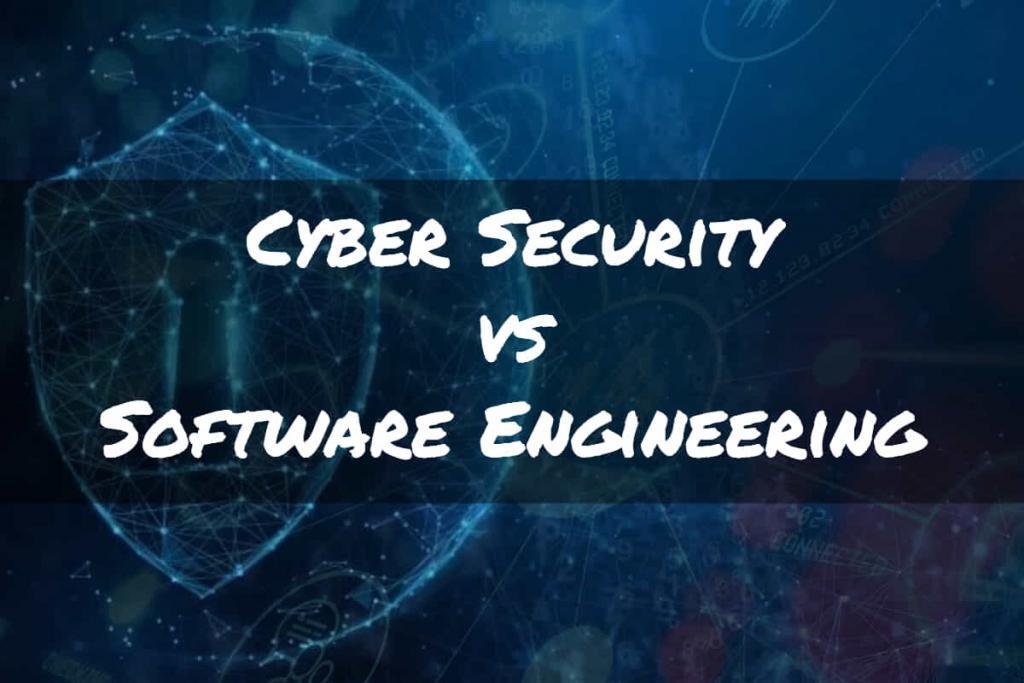Veterans in cybersecurity make for excellent candidates!
Veterans tend to acquire during their service that’s proven invaluable to many modern cybersecurity companies, which prefer candidates with cyber backgrounds and experience working in diverse teams.
In today’s article, we’ll talk about why veterans are some of the best workers for entry level cybersecurity jobs.
That’s because a high percentage of those who’ve served have what it takes to succeed in the industry.
Veterans will fit into any company culture.
Unfortunately, many companies are guilty of hiring based on whether the potential employee is a good fit for the culture.
However, more important than fitting in with everyone else is being able to work well with them, and one of the biggest benefits of hiring veterans is that they blend into a team better than non-veterans.
They also tend to be very loyal employees as long as the work environment is positive. This is due in part by the military’s focus on teamwork and cooperation while facing life’s most trying scenarios together.
Veterans are used to working under pressure.
Veterans are accustomed to working under pressure and getting thrown into situations where it’s imperative that you hit the ground running.
They can quickly adjust to a new environment, learn new systems and procedures, and start contributing right away, which makes them much easier to work with than someone who has never had that kind of experience.
Another reason why veterans make good candidates for civilian positions is due to the nature of their service—which involves learning how to respond quickly and effectively when danger threatens.
Veterans demonstrate excellent leadership, problem-solving skills as well as a propensity for critical thinking under pressure—all of which are necessary to successfully combat against malicious actors. As a result, they’re much more likely to qualify for leadership roles such as security manager.
They’ve been through so much together that they’re often willing do whatever it takes in order for their team (or company) to succeed.
Hiring veterans provides financial benefits.
As an incentive to hire veterans in cybersecurity jobs, the federal government provides financial benefits.
The Work Opportunity Tax Credit is a federal tax credit available to employers who hire veterans.
Under the WOTC program, employers have claim over $1 billion in tax credits annually.
WOTC can reduce an employer’s federal income tax liability by nearly $10K per hired veteran, and there’s no limit on the number of veterans employers can hire and claim for the tax credit.
If you decide to hire a veteran, you can even take advantage of the federal government’s apprenticeship program.
Employers can get reimbursed up to 75% of the wages paid to veterans for up to six months while they’re training.
You can even receive reimbursement for costs associated with the supervision and oversight of a new apprentice, also equivalent to 75% of the apprentice’s wage rate.
Employers are encouraged to check out Apprenticeship.gov for more detailed information.
Veterans are great for bidding on government contracts.
If you find a veteran with a security clearance, that’s like finding gold!
Having a security clearance distinguishes them from other veterans allowing them to have access to sensitive government information (not to say, you’ll ever be privy to this information).
This is obviously a tremendous benefit if you’re trying to contract with the U.S. Government which is heavily dependent upon cleared resources.
Cleared veterans can be used as key resources when bidding on government contracts.
This is advantageous because it’s not uncommon for prior military personnel to be retained by government contractors.
Because cleared veterans have experience in that commend, they understand the nuances of contract better than anyone else. It’s also probable they have “good relations” with the team deciding the winning bid.
Many companies are looking for qualified candidates who have both technical knowledge and security clearances because it can take months before new hires are able to obtain their own clearance.
For employers, this is an advantage that can make all the difference in whether a contract proposal is successful.
And if an employer can provide cleared work which allows vets to maintain their clearance, they’re much more likely to apply and remain for those entry level cybersecurity jobs.
Veterans understand the responsibility of protection.
Veterans have been trained to think strategically, using critical analysis and problem-solving skills to make decisions with incomplete information–with severe consequences if they get it wrong.
As a cybersecurity professional, they’ll use these same mental processes in their job every day to learn about malicious hackers and thwart their efforts before they can cause havoc to the organization. These are valuable skills requiring constant vigilance from its workers 24/7.
Companies prefer veterans in cybersecurity roles.
As veterans transition out of the military, their cybersecurity background makes them a natural fit for careers in the civilian cybersecurity industry.
Companies and organizations from across the country are in desperate need of cybersecurity staff—and vets offer unique backgrounds that make them especially suited to this field.
In today’s military, cyber operations commonly take place alongside traditional combat missions; this means that all personnel must be trained on basic procedures to maintain ongoing network security and prevent intrusions into sensitive systems.
Since most vets have been exposed to this sort of training while serving, they’ll typically have a leg up on their civilian peers when applying to cyber jobs.
Given these reasons, it’s not surprising that many major firms are actively recruiting veterans in cybersecurity jobs.
Hiring Veterans in Cybersecurity is Excellent Corporate Branding.
There’s no doubt about it.
Anytime you hire a veteran, especially one that’s service disabled, you’re making a positive contribution to society by helping those that have served our country.
For sure, advertising that fact presents a great branding opportunity for the company and in no way diminishes your moral standing.
How to find Veterans for my entry level cyber jobs?
Luckily, there are multiple sources to fulfill your entry level cybersecurity roles; although some may require you to partner with specialized training providers or government agencies.
The websites listed below (we’re not getting paid to mention them) are great places to start and all have access to veterans of all backgrounds, some are even specific to IT / Cyber only.
The Partnership for Youth Success (PaYS) Program is a strategic partnership between the U.S. Army and a cross section of corporations, companies, and public sector agencies. The Program provides America’s youth with an opportunity to serve their country while they prepare for their future.
CareerOneStop is the flagship career, training, and job search website for the U.S. Department of Labor. The website serves job seekers, businesses, students, and career advisors with a variety of free online tools, information and resources.
VetJobs expands employment opportunities for service members and veterans through one-on-one employment placement assistance, focused on the use of gap skills training and targeted resume and interview assistance, LinkedIn optimization, and connections to employer partners in order to create a smoother transition process.
MilitaryHire connects Veterans of America’s armed forces, military spouses and family members with employers who value the experience and skills that military service encompasses.
Hire A Veteran sets their goals to create employment opportunities and job resources for veterans.
RecruitMilitary connects employers to military job seekers via services that include contingency recruiting, career fairs, a job board, and employer branding.
Military OneSource is a U.S. Department of Defense program that provides resources and support to active-duty, National Guard and Reserve service members and their families anywhere in the world.
Wounded Warrior Project is a charity and veterans service organization that offers a variety of programs, services and events for wounded veterans of the military actions following September 11, 2001 and operates as a nonprofit 501 organization.
Army Reserve’s Private Public Partnership Office offers job opportunities, and a nationwide network of corporate, profit/non-profit and academic partners through its collaboration with organizations. It strives to increase its efforts to connect Soldiers with internship, employment, and education opportunities.
The National Labor Exchange (NLx) is an electronic labor-exchange network, created in 2007 in a partnership agreement between National Association of State Workforce Agencies (NASWA) and DirectEmployers. This is an unprecedented national public-private partnership that leverages private non-profit-owned technology with all 50 state workforce agencies, D.C. and U.S. territories to help employers hire and retain diverse talent.
CyberVET is a fully-sponsored “veterans first” workforce development initiative dedicated to transitioning veterans, with no IT or coding background, to highly skilled and high-paying IT careers.
VetsinTech supports our transitioning military, veterans and spouses of either with reintegration services, and by connecting them to the national technology ecosystem.
Veteran Owned Business Project is the official FREE directory of over 36,000 U.S. businesses owned by veterans, United States active duty military, reservists and service disabled veterans (DVBE/SDVOSB) of the United States Army, Air Force (USAF), Marines (USMC), Navy (USN), Coast Guard (USCG) and National Guard.
Hiring Our Heroes (HOH) connects the military community—service members, military spouses, and veterans—with American businesses to create economic opportunity and a strong and diversified workforce.
Outsource Cyber Recruiting efforts as a last resort if all else fails. There are times when no matter how many different sources you research, you still may be unsuccessful. If that’s the case, don’t hesitate to hire a third-party technical recruiting firm to help fill your cybersecurity positions.
Conclusion
We hope you’ve found this article helpful in deciding whether hiring a military veteran is the right choice when seeking to fill your entry level security roles.
Many companies do prefer veterans and not just for the branding opportunity or lucrative government contracts.
That’s because they’re capable of molding into any style of corporate culture.
What’s more, their experience allows them to understand what it means to truly protect something and are shown to be resilient under the toughest of deadlines.
If hiring a veteran for your next role sounds like plan, consider some of the financial benefits, and check out some of the links above!
Want more of the latest cybersecurity job news?




